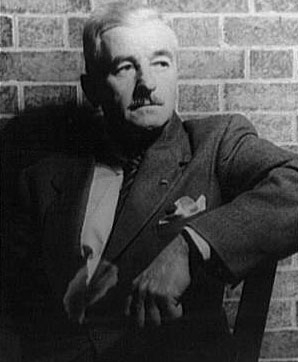重點講解:
1. least of all
(用于否定句后)(多者之中)尤其,尤數;
eg. No one ever reads these articles, least of all me.
從沒有人讀這些文章,我就更不用說了。
eg. Such a speech should never have been made, least of all by a so-called responsible politician.
這種話本來就不應該說,尤其是不應出自一個所謂負責任的政客之口。
2. in trust
受托管;被托管;
eg. The British Library holds its collection in trust for the nation.
大不列顛圖書館為國家保存被托管藏書。
eg. Works of art are in trust to us during our lifetime.
藝術品交由我們托管一生。
3. blow up
引爆;(使)炸毀;(使)爆炸;爆發;
eg. He was jailed for 45 years for trying to blow up a plane.
他因為企圖炸毀一架飛機而被判入獄 45年。
eg. Their boat blew up as they slept.
他們睡覺的時候船爆炸了。
4. be worth doing sth.
值得;
eg. He's decided to get a look at the house and see if it might be worth buying.
他決定去瞧瞧那座房子,看是否值得買下。
eg. Most things worth having never come easy.
大部分值得擁有的東西都來之不易。
背景資料:
威廉·福克納一生先后創作了十幾篇長篇小說和幾十篇短篇小說,描述了以美國南方200年來南北戰爭為中心事件的社會變遷,各種家族的興衰,各種人物的沉浮。1949年,“因為他對當代美國小說做出了強有力的和藝術上無與倫比的貢獻”,福克納獲得了諾貝爾文學獎。雖然是1949年獲得,但頒獎儀式直到1950年才舉行。這篇演講就是福克納在接受該獎時所發表的演講,文中勉勵作家必須提升自己的心靈,時時以愛、憐憫與犧牲來喚醒人類亙古的真理。

名人經典:
He is immortal, not because he alone among creatures has an inexhaustible voice, but because he has a soul, a spirit capable of compassion and sacrifice and endurance.
人之不朽不是因為在動物中唯獨他永遠能發言,而是因為他有靈魂、有同情心、犧牲和忍耐精神。











